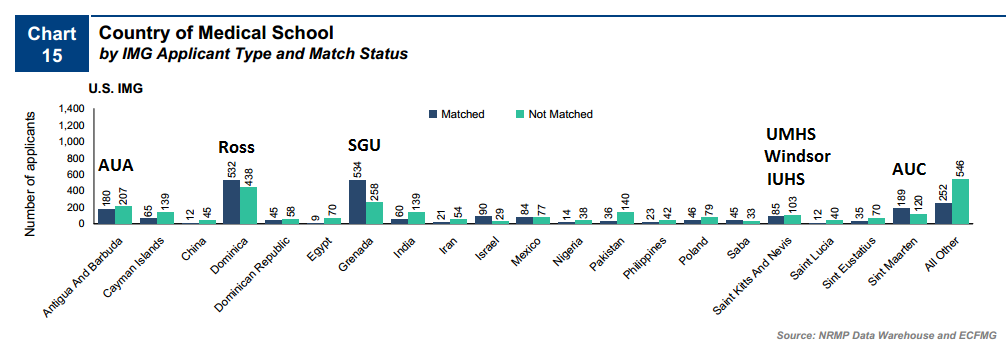- Joined
- Jul 14, 2005
- Messages
- 6,727
- Reaction score
- 8,048
But they are still technically doctors (DPM) and the Des Monies Pod school takes the same classes with the DO school students. They are clinically "Doctors". They prescribe medication, do surgery, take out student loans- they are essentially orthopedic surgeons that specialized in the feet.
You're kidding about a POD being essentially an orthopedic surgeon who specializes in feet! Right?? [emoji10]


